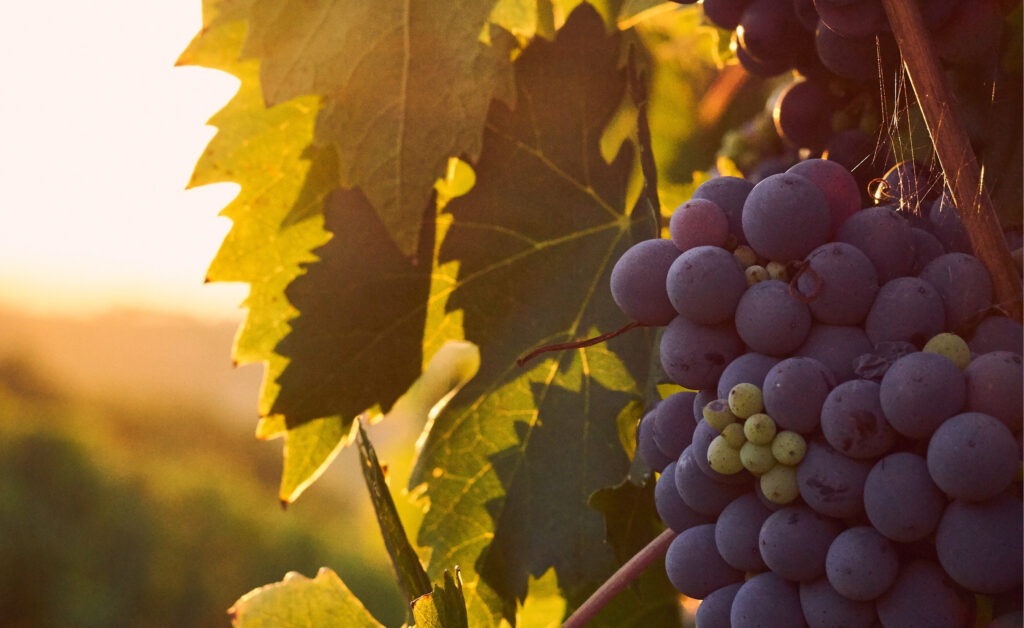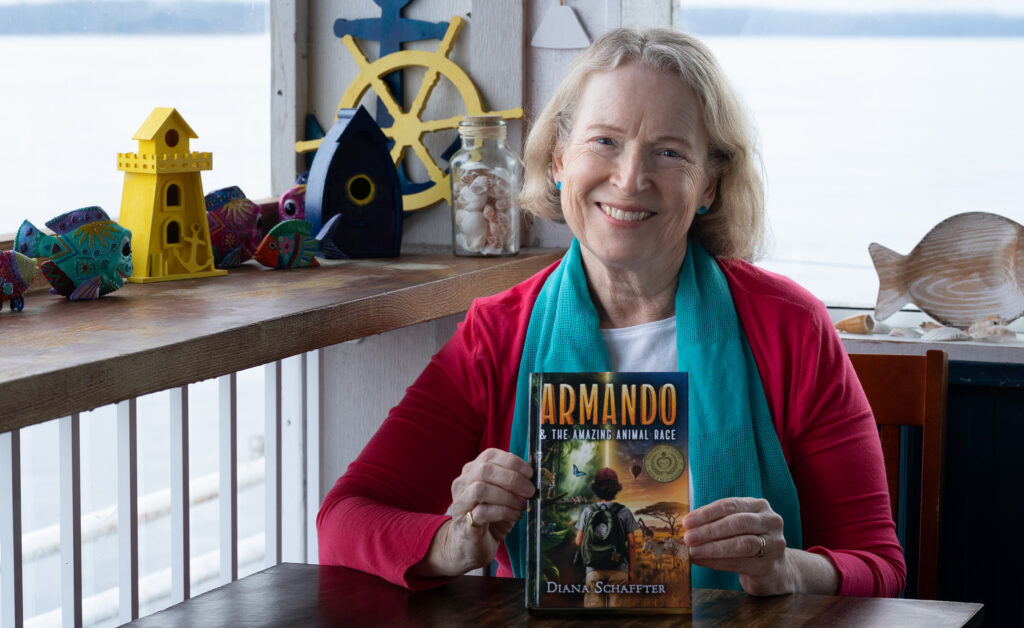by Richard Hope –
Twenty years ago, I arrived in Vancouver and, like countless others before me, was instantly captivated by British Columbia’s spectacular scenery. Vancouver and B.C. have changed considerably since then, and after 14 years of working in London, U.K., my wife and I emigrated to B.C. last year. My passion for wine led me to the Business in Wine program at Vancouver Island University, where I gained firsthand experience in an industry facing both significant challenges and exciting opportunities.
As optimistic as I am for B.C., Canada and its wine industry stand at a crossroads. The latest on the challenges in the Okanagan (from frost and fire damage) is that 60% of the vines were lost over the past year, and significant efforts are underway to save what’s left. The corporate wine businesses (Peller, Marc Antony, etc.) are lobbying the government for continued support. This catastrophe has forced winemakers to consider importing American grapes to produce this year’s vintage.
Against a global backdrop of declining wine consumption, a huge overproduction of grapes and shifting preferences towards beer, spirits and ready-to-drink beverages (e.g., premixed cans), our local industry faces an uphill battle. Perhaps most frustrating for local consumers is that high taxes often make locally-produced wines more expensive than their imported counterparts.
The struggles across the wine industry are particularly evident when considering mass-produced wine. Major corporations like Constellation Wines – which own familiar names such as Robert Mondavi, Meiomi, Ruffino and Kim Crawford – have seen consistent sales declines. Yet, there is a silver lining: premium wines priced over $22 are experiencing steady growth as consumers increasingly prioritize quality.
Despite the challenges, there are reasons to be hopeful. While the Okanagan grapples with recovery, viticulture in the Lower Mainland and Vancouver Island remains robust, with grapes from these areas in high demand. The industry is evolving, moving from mass production to more specialized, local products. That’s great news for Vancouver Island and our local providers. Wineries like Kutatás, A Sunday in August, and Deep Cove are producing excellent local wines, often exploring organic and natural winemaking techniques.
The natural wine movement, in particular, has gained tremendous momentum in B.C. These wines, made from grapes grown without herbicides or pesticides, are hand-harvested and fermented using only naturally occurring yeasts before being bottled without additives. Global sales of natural wines are projected to reach US$21.4 billion by 2030, driven by people looking for “healthier” wines who report fewer hangovers, feeling less dehydrated and improved gut health.
As B.C.’s wine industry faces a period of significant change, it’s inspiring to see the resilience and innovation of our local producers. Against this stunning backdrop of the Pacific Northwest, the future of B.C. wine may look different from its past, but if the commitment to quality I see is any indication, it’s a future worth raising a glass to.
Recommendations
For those eager to explore BC’s wine evolution, I recommend two contrasting but equally impressive wines.
The Local Choice: Kutatás Pinot Noir. As an exemplar of locally made, specialized wine, Dan and Mila’s Pinot Noir arrives at the right time for the product, not the customer. As a result, this is a deep, complex Pinot Noir with hints of black cherry and plum. This versatile red pairs beautifully with local salmon or wild mushroom dishes.
A Different Choice: Michele Chiarlo – Nivole (Moscato d’Asti DOCG). One thing I’ve learnt since living in B.C. is that everyone only drinks dry wine. And being me, I like to introduce people to new things. This, for me, is a standout. It’s a wine, ideally drunk after dinner, and is low in alcohol. With the low alcohol content, the taste of the fruit comes through, with hints of peach and apricot. As a Moscato, it does have a slight fizz, but this is one delicious wine.
Keep in touch: kibo.rjhope@gmail.com




